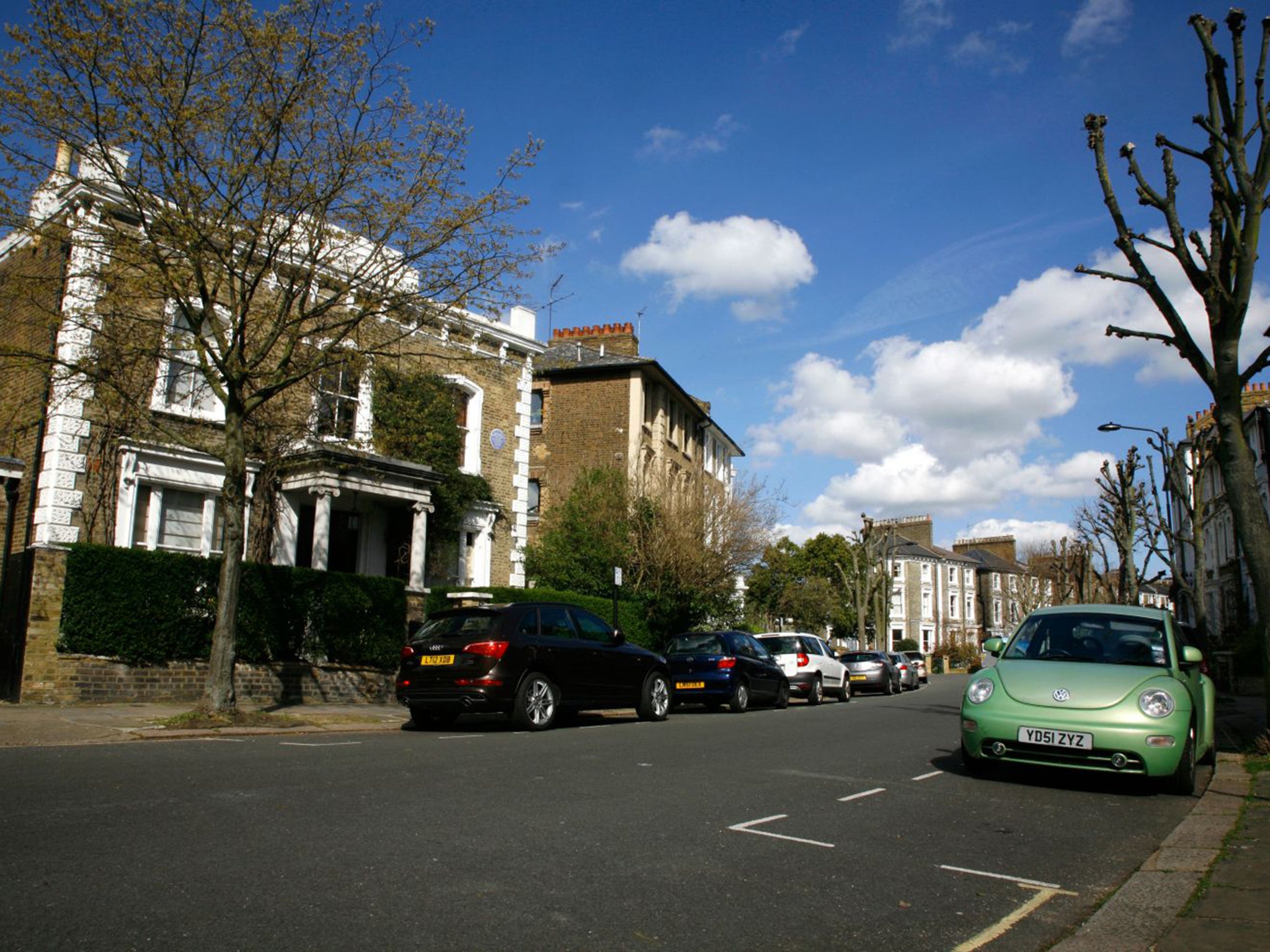Dartmouth Park residents demand night-sky darkness be protected in the neighbourhood
Residents in Dartmouth Park in London want pitch blackness outside their bedroom walls when the sun goes down

Your support helps us to tell the story
From reproductive rights to climate change to Big Tech, The Independent is on the ground when the story is developing. Whether it's investigating the financials of Elon Musk's pro-Trump PAC or producing our latest documentary, 'The A Word', which shines a light on the American women fighting for reproductive rights, we know how important it is to parse out the facts from the messaging.
At such a critical moment in US history, we need reporters on the ground. Your donation allows us to keep sending journalists to speak to both sides of the story.
The Independent is trusted by Americans across the entire political spectrum. And unlike many other quality news outlets, we choose not to lock Americans out of our reporting and analysis with paywalls. We believe quality journalism should be available to everyone, paid for by those who can afford it.
Your support makes all the difference.House-hunters scouting north London’s most rarefied streets once had a simple wish list for their perfect home: a south-facing garden, parking space for a 4x4, room to expand into the loft. Throw in a good school and a walk to Hampstead Heath.
But residents in Dartmouth Park now have an extra demand: pitch blackness outside their bedroom walls when the sun goes down. In fact, conservation groups have become so worried about the “quality of darkness” in their area at night that they have asked for town planners to consider how it can be protected when new home improvement applications are sent to Camden Council.
The Dartmouth Park Conservation Area Advisory Committee, a group of local residents and conservationists who examine all homeowner planning applications for work, insists that its neighbourhood is “semi-rural”, regardless of its inner London postcode, and that the night-sky darkness must be protected.
The area, referred to by some local wags as Darkmouth Park, is home to former Labour Party leader Ed Miliband, and a string of other famous faces.
A family triggered objections last month by asking for permission to install a new skylight on a back extension. Ellen Gate, who chairs the Grove Terrace Residents Association, argued that the area’s conservation strategy “specifically notes the ‘quality of darkness at night’ that characterises the conservation area”, adding: “The gardens contribute significantly to that quality. At present, they constitute a large area of darkness with minimal external lighting; this is extremely rare in London.”
Fashion designer Stefano Gabbana has run into a similar hurdle in nearby Primrose Hill, where he recently bought a house for £13m. He has worried neighbours by seeking permission to illuminate the garden. Dark gardens, his architects were politely told, are part of the neighbourhood’s magic.
Camden Council said that all planning applications needed to be “dark sky compliant”. “Artificial lighting has many benefits,” it said in guidance to applicants. “However, excessive or poorly designed lighting can be damaging to the environment and result in visual nuisance including by having a detrimental impact on the quality of life of neighbouring residents; significantly changing the character of the locality; altering wildlife and ecological patterns; and wasting energy.”
Join our commenting forum
Join thought-provoking conversations, follow other Independent readers and see their replies
Comments